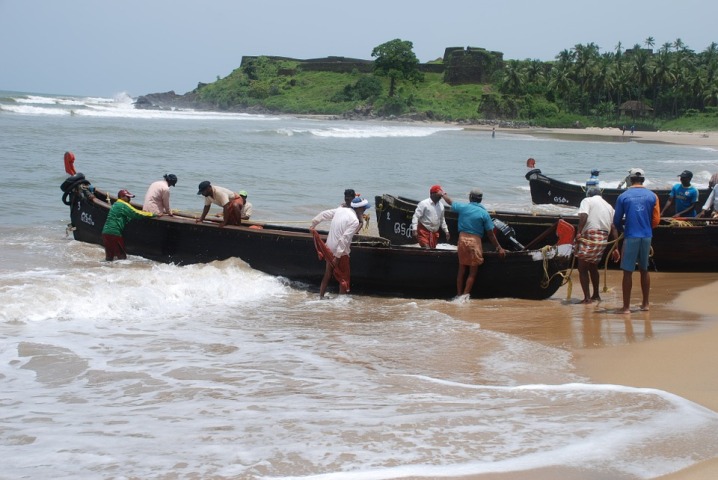Participatory management councils pivotal to fisheries management: Experts
The participatory management council, which was included in the amendment of KMFRA following a proposal from the CMFRI, will be functioned as a 3-tier system– village, district, and state.

- Country:
- India
The participatory management councils, one of the new amendments of Kerala Marine Fisheries Regulation Act (KMFRA), will play a crucial role in revamping the fisheries management system in the state, according to experts. Marine scientists who spoke at the workshop on scientific management of marine fisheries, Kerala held at the Central Marine Fisheries Research Institute (CMFRI) observed that the proposed management councils will ensure involvement of all the stakeholders including fishermen in management and policy formation in the sector.
Dr. Sunil Mohamed, Principal Scientist at the CMFRI said the councils would open a platform for dialogues and discussions to take decisions on a particular issue in a democratic way. “This participatory management will address the requirements for sustainability, equity, and efficiency in fisheries and coastal resources management.
The participatory management council, which was included in the amendment of KMFRA following a proposal from the CMFRI, will be functioned as a 3-tier system– village, district, and state. The council will have representations of fishermen, government officials, boat owners, boat builders, fish traders, NGOs, scientists, etc.
Through the implementation of these councils, fishermen would be empowered to become active members of the fisheries management team, balancing rights and responsibilities, and working in partnership rather than antagonistically with the government, Dr. Sunil Mohamed said.
He also said that intensive public awareness is required to effectively implement Minimum Legal Size (MLS) regulations to curb juvenile fishing. “Consumer awareness is crucial in implementing the MLS regulation properly”, he said adding that implementing the same would increase the economic efficiency of the fishery besides affording protection to juvenile fishes and allowing them to grow in weight and length.
During his introductory remarks, Venkatesha Pathi, Director of Fisheries said the scientific approach is essential for a better fisheries management in Kerala. “The fisheries department has allocated special funds for adaptive research in this regard”, he said. The two-day workshop is organized by the department of fisheries.
Dr. T V Satyanandan, Dr. Leela Edwin, Dr. T M Najmudeen, Dr. Dinesh Cheruvattu, Ignatius Mandro, and Thajudheen spoke on the occasion.
Fisheries department officials from all the districts are attending the workshop which will conclude on Wednesday.
ALSO READ
GLOBAL MARKETS-Global equity gauge rises slightly with inflation, rates in focus
GLOBAL MARKETS-Global equity gauge slips, yields edge up with inflation, rates in focus
GLOBAL MARKETS-Global equity gauge rebounds with inflation, rates in focus
Norway wealth fund will not invest in private equity, government says
Norway wealth fund should not invest in private equity, government says










